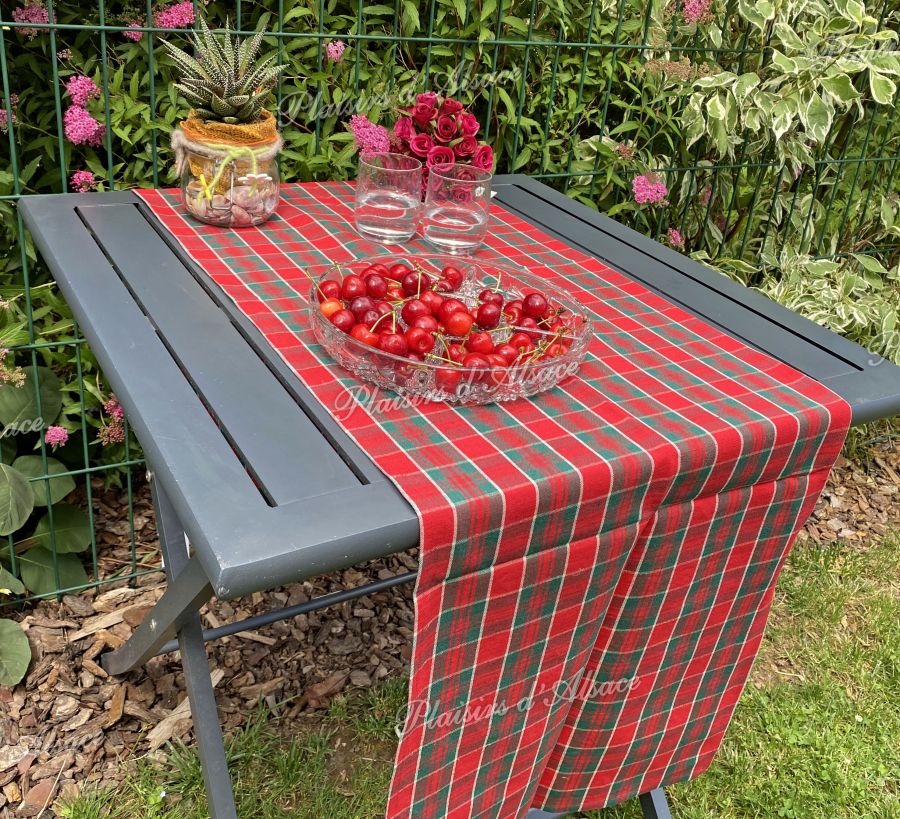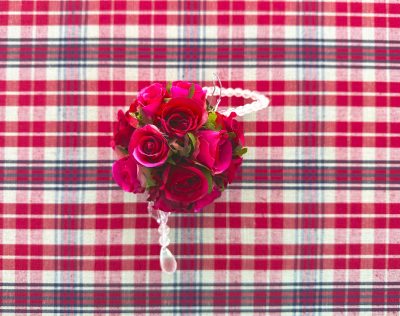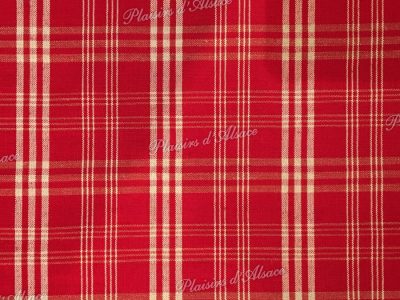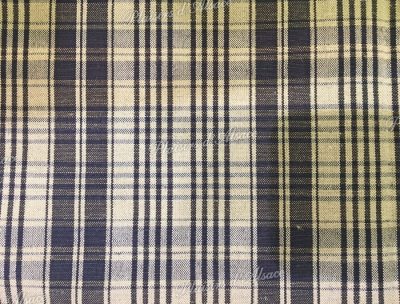Kelsch Table Runner KV3
Description :
Kelsch: A Symbol of Wealth and Tradition in Alsace
Kelsch, a fabric with blue or red checkered patterns, held a central role in Alsatian households from 1815 to 1870. During this period, a thick stack of fabrics neatly arranged in chests and wardrobes was a symbol of wealth. Primarily used for making pillowcases, quilts, curtains creating cozy alcoves in rural homes, as well as tablecloths and napkins with checkered designs, Kelsch was a staple textile.
The presence of Kelsch can be traced back to illuminated manuscripts since the 10th century, often depicted by artists from Alsatian workshops. Notably, Kelsch was featured in tapestries crafted by a Strasbourg workshop for Abbess Sainte Attale of Saint Etienne and in the tapestry of Saint Elizabeth and her deathbed.
These fabrics were also referred to as “Gothic” due to their combination of red and blue colors, reminiscent of the stained glass windows of medieval religious buildings, which were often monochromatic.





